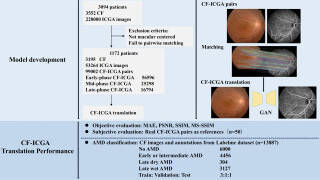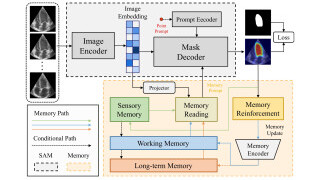PolyU Undergraduate Students Bring Home Gold Medal in iGEM Competition 2024

A team of undergraduate students from PolyU captured a gold medal and was recognised as one of the top 10 undergraduate teams at the International Genetically Engineered Machine (iGEM) 2024 Grand Jamboree which was held in Paris, France in October. The winning project is a novel dual-targeting nanobody to address gemcitabine resistance in pancreatic cancer patients. It demonstrated exceptional potential for advancing innovation in cancer treatment and research. The students were also nominated for the Best Oncology Project and Best New Composite Part awards for the project.
The team comprised 11 undergraduate students from the Department of Applied Biology and Chemical Technology and the Department of Electrical and Electronic Engineering, under the supervision of Prof. Terence LEE Kin-wah, Associate Head and Professor from the Department of Applied Biology and Chemical Technology, and other experts at the university. The PolyU team vied with the other 195 undergraduate teams around the globe.
The team developed a novel strategy to tackle the challenge of a trend of decreasing sensitivity to firstline treatments for early-stage pancreatic cancer. Through bioinformatic analysis, the students identified two crucial cell surface receptors, EGFR and HER2, which significantly correlated with tumour growth and resistance to gemcitabine in pancreatic cancer. Based on these findings, the team designed "Panobody", a dual-targeting nanobody that can specifically block EGFR, HER2 and their signalling pathways. Subsequent experiments on "Panobody", both used alone and in combination with gemcitabine, verified its effectiveness in inhibiting pancreatic cancer cell growth and even increasing their responsiveness to gemcitabine therapy.
The iGEM Competition, established by the Massachusetts Institute of Technology in 2004, is an annual, worldwide synthetic biology event aimed at secondary, undergraduate and postgraduate students. The competition challenges participants to address real-world problems by designing, building, testing and measuring a system of their own design using interchangeable biological parts and standard molecular biology techniques.




